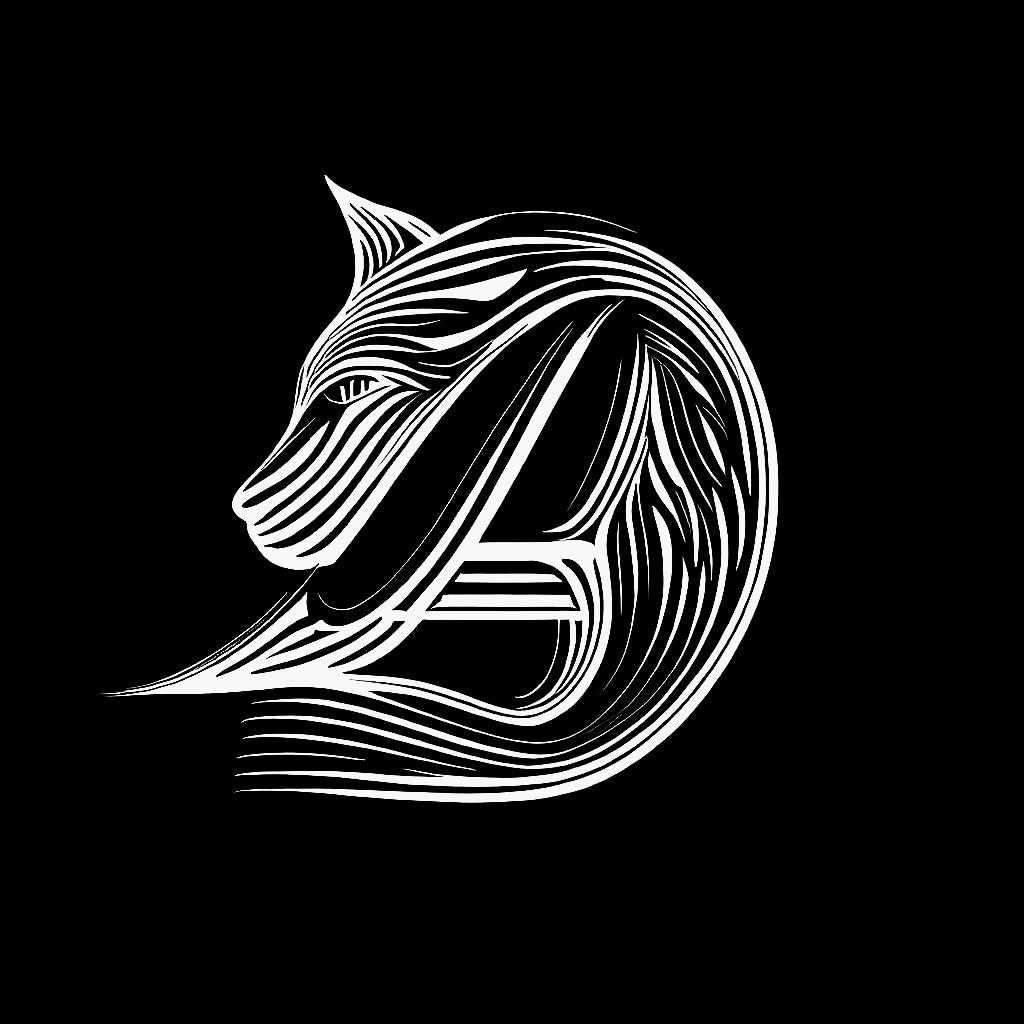Anthropomorphism is a term that refers to the tendency of humans to attribute human characteristics, emotions, or behaviors to non-human entities, such as animals or inanimate objects. While anthropomorphism can sometimes be benign or even foster a sense of connection with our pets, there are times when it can lead to misinterpretations of our pets’ behaviors and emotional signals. These misinterpretations can have serious consequences, ranging from distressed pets to a strained pet-human relationship.
Chapter 1: Understanding Anthropomorphism
At its core, anthropomorphism is a cognitive bias that stems from our instinctive need to understand and interpret the world around us. We are more comfortable dealing with entities that we can relate to on a human level. Therefore, we tend to impose our human mental models on our pets.
For instance, when our dog jumps around in excitement, we might interpret this as joy because, as humans, we express our happiness in a somewhat similar fashion. However, while this interpretation might sometimes be accurate, it’s not always the case. In other scenarios, these projections of human-like emotions onto our pets can lead to gross misunderstandings.
Chapter 2: The Pitfalls of Anthropomorphism
One major pitfall of anthropomorphism is the misinterpretation of our pets’ behaviors. Such misinterpretations can lead to inappropriate responses or actions that might distress our pets or exacerbate their stress or anxiety.
Take, for example, a cat that becomes withdrawn and spends a lot of time hiding. A pet owner might misinterpret this behavior as the cat being aloof or independent when, in fact, it could be a sign of anxiety or illness. As a result, the owner might not provide the necessary support or interventions to help the cat cope with its stress, potentially leading to further complications.
Another issue with anthropomorphism is that it can hinder effective training. If an owner interprets a dog’s stubbornness or lack of obedience as the dog being defiant or trying to assert dominance, they might respond with punishment or dominance-based training methods. However, the dog’s behavior might actually be due to confusion, fear, or not understanding what is being asked. In such cases, using positive reinforcement techniques would be more effective and would foster a healthier pet-human relationship.
Chapter 3: The Consequences of Misinterpretation
The consequences of such misinterpretations can be far-reaching. Firstly, they can lead to emotional distress for our pets. Animals, just like humans, have their own unique ways of expressing their emotions and dealing with stress. When we misinterpret these signals, we might inadvertently cause our pets additional stress or anxiety.
Secondly, these misunderstandings can cause tension in our relationship with our pets. When our responses to our pets’ behaviors don’t align with their needs or emotions, it can lead to frustration on both sides. This can create a negative cycle where misinterpretation leads to inappropriate responses, which leads to more misunderstood behavior, and so on.
Conclusion
Understanding our pets requires more than projecting our human emotions and behaviors onto them. It requires learning about their unique ways of communicating and responding appropriately to their needs. By becoming more aware of the pitfalls of anthropomorphism and working to understand our pets on their own terms, we can foster healthier, happier relationships with our beloved animal companions.







